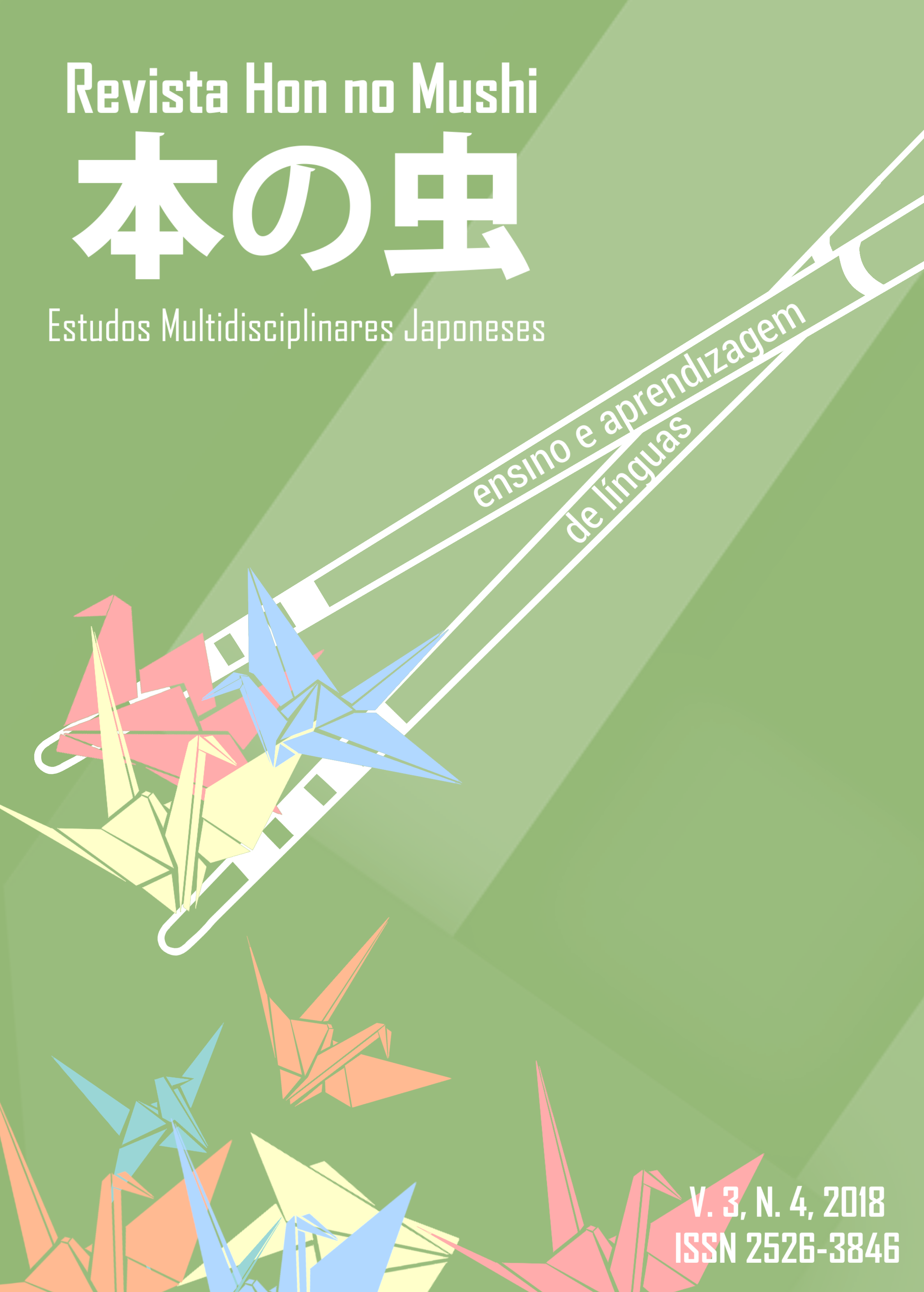A GRAMÁTICA (IN)ATINGÍVEL: O ENSINO (TRADICIONAL) DA LÍNGUA PORTUGUESA ENTRE DISCURSIVIDADES OUTRAS E VELHAS ROUPAGENS
TEACHING (TRADITIONAL) PORTUGUESE LANGUAGE BETWEEN DISCURSIVIDADES OTHER AND OLD CLOTHES
Palavras-chave:
Gramática; Língua imaginária; HeterogeneidadeResumo
O presente trabalho visa apresentar uma abordagem exploratória e analítico-reflexiva acerca do ensino de língua portuguesa. Para isso, serão analisadas sequências discursivas de um gramático e um linguista a partir do aparato teórico-metodológico da análise peucheteana do discurso de língua francesa. Os gestos de interpretação realizados apontam para o fato de que o ensino de língua portuguesa preserva na contemporaneidade a ideologia de padronização da língua como uma língua imaginária produzida a partir do discurso gramatical e dicionarísticos que negligencia a existência da heterogeneidade linguística. Assim, apontamos para a necessidade de que haja reflexões cada vez mais acentuadas sobre a gramática que se baseiem na necessidade de emancipar sujeitos e não em dificultar o ensino de uma língua irreal, form(ul)ada no interior do imaginário social sobre a língua.
Downloads
Referências
BAKTHIN, M. (Voloshinov). Marxismo e filosofia da linguagem. 8. ed. São Paulo: Huicitec, 1986.
BOLOGNINI, Carmem Zink. PFEIFFER, Claudia. LAGAZZI, Suzy. Discurso e ensino: práticas de linguagem na escola. Campinas: Mercado das Letras, 2009.
BORTONI-RICARDO. Stela Maris. Nos cheguemu na escola e agora? Sociolingüística na sala de aula. São Paulo: Parábola editorial, 2005.
BOURDIEU, Pierre. Dossiê Bourdieu. Revista Cult, ano 15, mar/2012, p. 18-47.
CASTILHO, Ataliba Teixeira de. Pequena gramática do português brasileiro. São Paulo: Contexto, 2012.
CIPRO NETO, Pasquale. Gramática da língua portuguesa. São Paulo: Scipione, 1998.
ESTEVES, Phelipe Marcel da Silva. Os sentidos de Norma e Erro no Dicionário de Matoso Câmara Jr. Signum: Est. Ling., n. 14/2, p. 241-160, dez 2011.
HALL, Stuart. A identidade cultural na pós-modernidade. Rio de Janeiro: Graal, 1985.
ORLANDI, E. Análise do discurso: princípios e procedimentos. Campinas: Pontes, 2003.
PÊCHEUX, Michel. Análise do Discurso. Textos selecionados. Eni Orlandi 2ª Edição. Campinas: Pontes, 2004.
PÊCHEUX, Michel. Semântica e discurso: uma crítica à afirmação do óbvio. Campinas: Editora da Unicamp, 2009.
PERINI, Mário Alberto. Gramática Descritiva do Português. São Paulo: Ática, 2006.
SANTOS, Luciano dos. As identidades culturais: proposições conceituais e teóricas. Revista Rascunhos Culturais, v. 2, jul./dez. 2011, p. 141-157.
SILVA, Tomaz Tadeu da. A produção social da identidade e da diferença. In: Identidade e diferença: a perspectiva dos estudos culturais. Petrópolis: Vozes, 2000.
Downloads
Publicado
Edição
Seção
Licença
Os direitos autorais pertencem à Revista Hon no Mishi - Estudos Multidisciplinares Japoneses e aos autores de cada artigo. Todo trabalho ou parte dele, quando citado ou utilizado, deve ser referenciado.



















